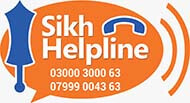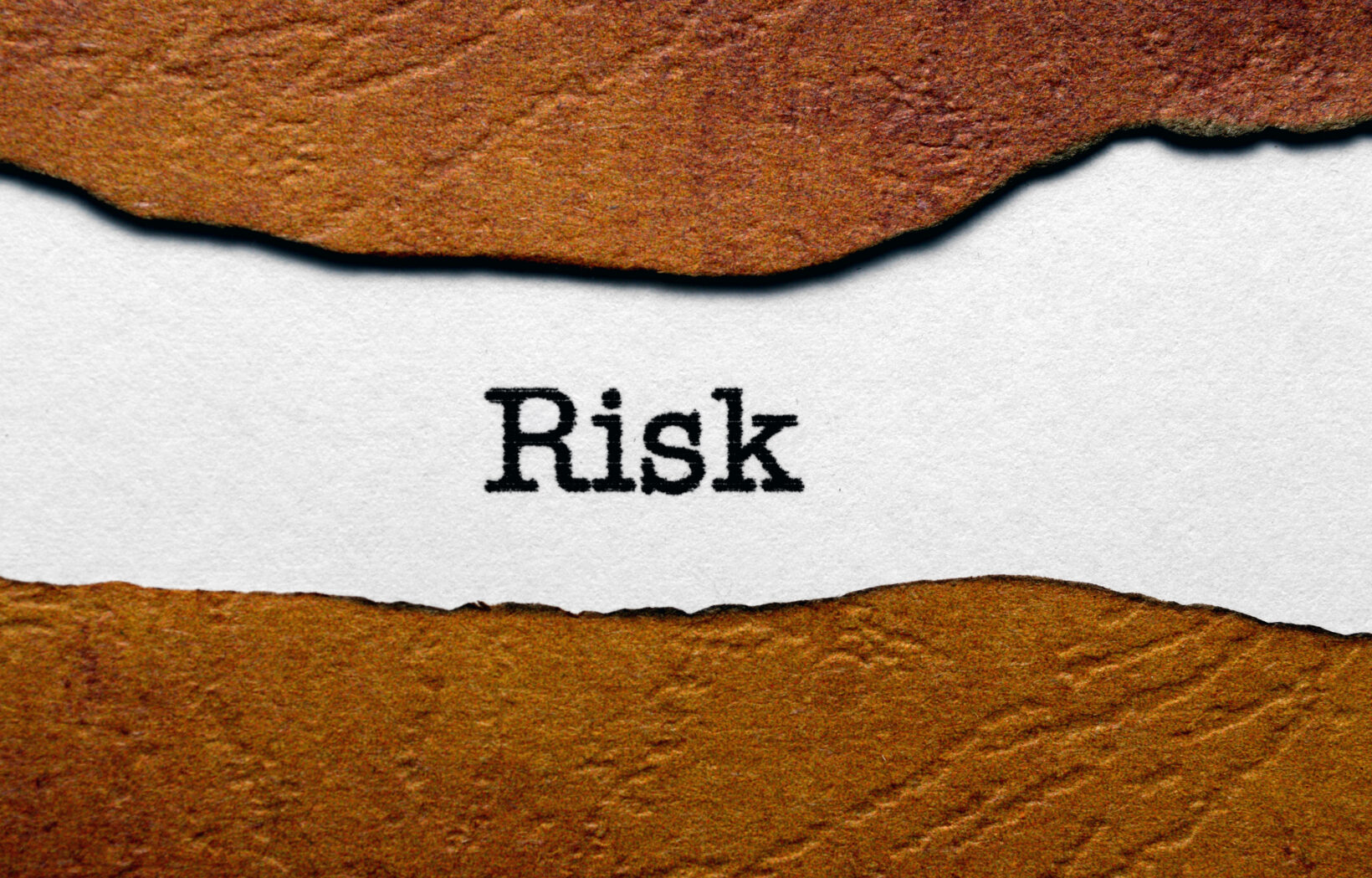RISK ASSESSMENT – Outdoor Activity (Cycling)
TRIP: 50 Miles Stratford Rd Temple to round trip
Charity Founder : Giani Sukha Singh
DATE : Sunday 4th October
NUMBER OF ATTENDEES: 140 all 18+
| 1. Identification of Significant Hazards and Risks: Those hazards and risks that may result in serious harm or affect several people |
2. Control Measures: Controls, including relevant sources of guidance |
| Crossing Roads / Junctions | • All marshals will be aware of the highway code • A safety briefing video will be shared with all cyclists to be aware of traffic from both directions and to take care when crossing roads, roundabouts, challenging junctions and turnings. • Leaders who will be supporting groups will also give instructions on when it’s safe to cross, should any of the cyclist be hesitant. |
| Majority of cyclists/attendees will be left unattended | • Upon registration groups riders will leave in their bubbles (not more than 6) • Upon returning from the route all cyclists will be ticked off to confirm safe return • At service stops a free standing Marshal will be on site to guide cyclists into resting areas /(care/Temple). The bubbles will arrive and depart together and remain within their allocated groups only |
| Bubble awareness/support | • Attendees who require a Marshall within their bubble and independent riders will be introduced their bubbles to ensure each bubble supports each other. • Bubbles advised that they should stay together and should not accompany any other bubble other than those adults identified at the start of the trip. • At each stop a Marshal will ask the attendees within the bubble if the are still able to cycle. If not a sweep up bus will arrive to take the cyclist and bike to the starting location. |
| Medical incidents | • Every rider will have completed their own medical declaration form. In case of an emergency these details will be passed onto appropriate authorities who will provide further medical care. • Where there is a minor incident/injury, there will be a qualified nurse who can provide medical assistance. |
| Serious accident | • The route has been risk assessed and potential hazards have been noted. • All Cyclists will be informed of the route beforehand including any junctions / sections with a higher level of risk as recommended to download the route onto a cycle computer. • Supervision planned for any serious road junctions etc. • It is recommended that Helmets and or Turban (Dastar) worn during the ride. • In the case of emergency (Accident, Severe injury), the emergency services should be contacted. • All riders will be given an support number to a representative from the event which can provide further assistance. |
| Mechanical fault | • Cycles should be road worthy and should be checked beforehand. • Cyclists have been provided with the “Rider’s Information Pack” outlining Bike Maintenance (including repairing punctures and replacing inner tubes) as well as guidance to familiarise themselves by watching you tube videos and practicing beforehand. • Simple tools and spares carried by each rider, including inner tube. • Cyclist advised on good communication whilst riding within their bubble • Where there are minor mechanical faults, where possible these will be rectified on the road side. • Where a mechanical fault cannot be fixed, the rider should contact the event support number where assistance will be provided. |
| Fall due to hitting an obstacle on the road eg. potholes | • All cyclists including marshals to take responsibility to call out obstacles. • Good communication whilst riding. • Ride defensively (appropriate speed, looking ahead for potential obstacles), not cutting corners, advising other riders of actions such as overtaking, slowing, stopping |
| Exposure | • As part of the registration pack, cyclists have been provided with guidance on what to expect on the day. • Regular intake of food and water, and this will also be available at some of the planned stops • Planned stops. • Spaces will be available in support vehicles if required • Riding within riders’ ability. (Pace) |
| Danger from horses on the road | • Follow instructions of horse rider. • Inform horse rider of your whereabouts, when approaching from behind • Stay calm and no sudden movements. |
| Dehydration | • All riders to carry a drinks bottle, Bottle cages are recommended • Support vehicle will have water to re fill • Brief: drink regularly. |
I can confirm all the above control measures are in place:
Visit Leader Signature:
Giani Sukha Singh
Date: 26/09/2020



